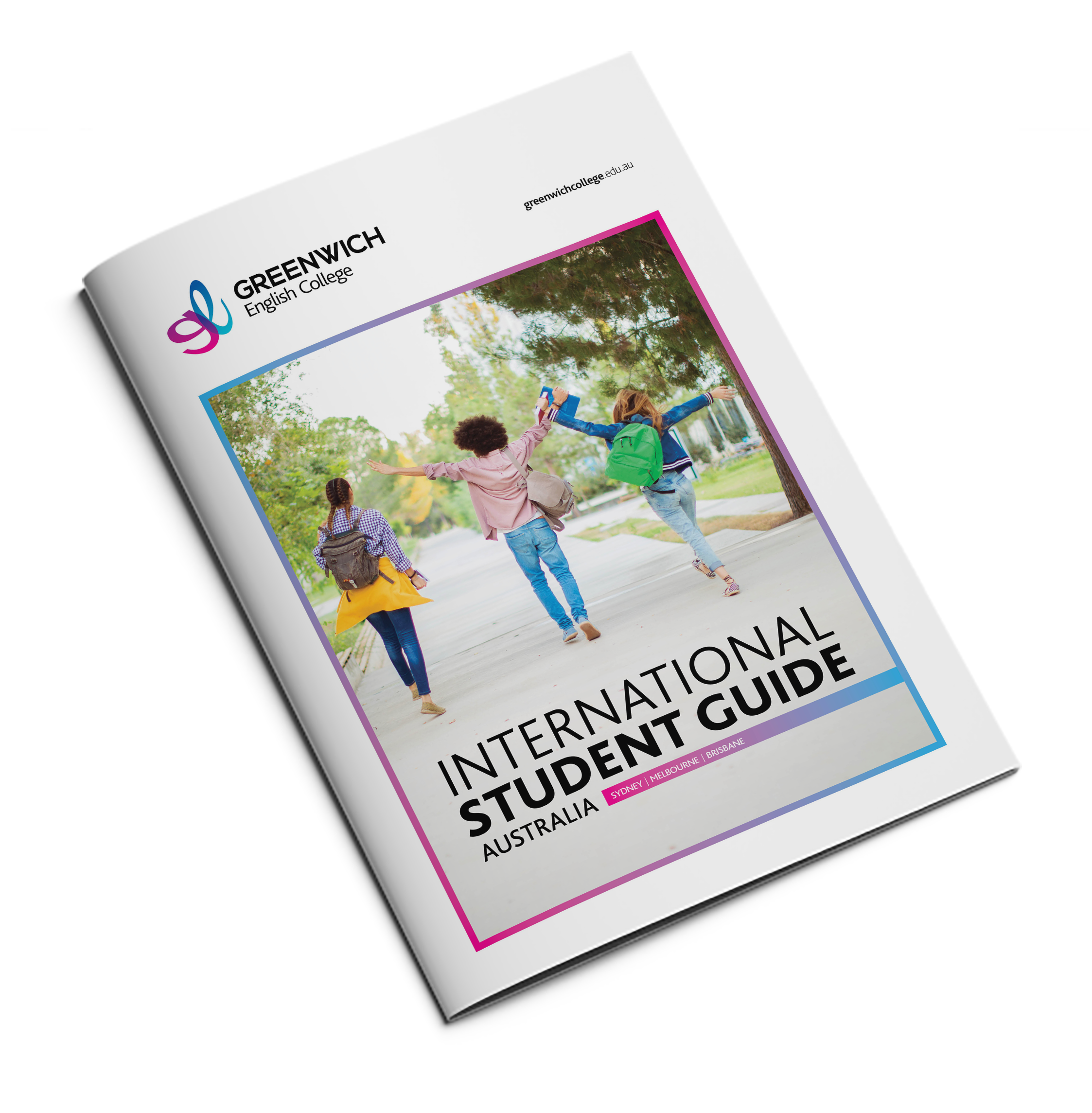.jpg?width=1903&height=644&name=IMG_4106%20(1).jpg)
Latest News
-1.png?width=560&height=700&name=Blog%20GW%20(11)-1.png)
Thinking in English
Do you think in English? Or, do you think in your language and then translate before you speak? If you’re still thinking in your first language, but trying to speak in English, your brain is doing too much! Imagine you’re having a conversation and you need to answer a question quickly.
Do you have time to do all these steps - listen, translate, think of an answer, translate, check your grammar or word order, think about pronunciation, then speak? That could take a while! But don’t worry. Here are a few things you can do to think in English more.
1. Making PlansJust after you wake up, but before you get up, while you’re still in bed, use ‘going to’ to make a list in your head of your plans for the day. Start at the start. Include even the small activities. Focus on using the correct vocabulary for each activity. Is it ‘have shower’? or ‘have a shower’? I know you know the answer, and YES, it’s important! How many syllables should your phrase have? Are there weak sounds/words? What does it sound like in your head?
2. On the MoveDo you catch public transport? And what do you do while you’re travelling? Do you use your phone? That’s okay sometimes, but what are you missing? At least twice a week, leave your phone in your bag as you travel. Instead, look around you. Use English to create a detailed description of what you can see. Use ‘there is/there are’ and don’t forget to include adjectives.
There’s a tall, sophisticated woman wearing a stylish evening gown and lots of sparkly gold jewellery. Really? At 8am? That’s strange! What’s she doing?
 3. Imaginary Friend
3. Imaginary Friend
Did you have an imaginary friend when you were a child? I did! We had great conversations. You can do this as an adult. Nobody will know because you don’t need to really speak to practice speaking. Next time you’re alone, spend five minutes talking to an imaginary friend. Ask questions, and imagine the questions they might ask you. Think about when you’re having this conversation. Is it the end of the day? Talk about your day and use past simple/past continuous and adjectives about how you felt. And put emotion into it!
Hi, Imaginary Friend, how was your day?
Oh, hi. My day was terrible!
Oh no! I’m sorry to hear that! Why? What happened?
Well, I was running to class because my train was late, when I tripped and fell in a puddle. I felt really embarrassed! People were staring at me. When I got to class, I was still wearing my wet, muddy clothes.
Oh, that’s awful. But don’t worry. Something similar happened to me once...
So, give it a try and see if it helps. And remember, you don’t need to study with a book for hours to practice English. Just look around you and think!
Stay connected to your classmates and upcoming events via Greenwich English College Facebook Page.
 Chinese
Chinese Italian
Italian Korean
Korean Spanish
Spanish Portuguese
Portuguese Thai
Thai Vietnamese
Vietnamese






